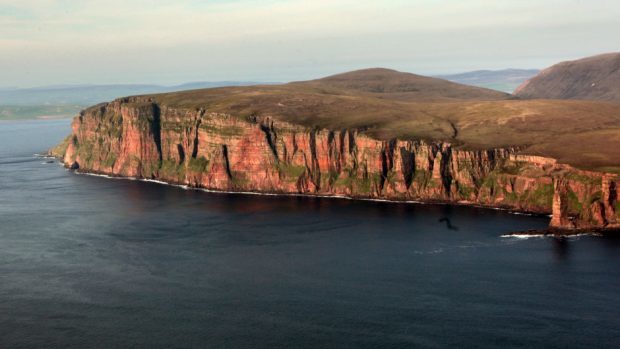Orkney islanders are considering breaking free from Scotland and the UK to become independent in the wake of Brexit.
Many residents have hoped for greater autonomy from Holyrood and Westminster in the past, and were promised more powers in the event of Scottish independence.
But now more than half of Orkney’s councillors have forced a motion demanding an investigation into possible self-determination for the islands following the UK’s vote to quit the EU.
The islanders overwhelmingly backed remaining in the UK and the European Union at both referendums in 2014 and 2016.
A motion passed by 13 of Orkney Islands Council’s 21 members has demanded the chief executive compile a report considering “whether the people of Orkney could exercise self-determination if faced with further national or international constitutional changes, or indeed to decide if more autonomy might be beneficial for the wellbeing of Orkney”.
The motion also says the report should look at what would be needed to “consider such opportunities for greater autonomy or self-determination” with both the UK and Scottish governments.
Graham Sinclair, an independent councillor who drafted the motion, said: “I think the islands are more significantly different – both historically and culturally – from the rest of the country.
“It is a very preliminary shot. It is to consider whether there is the possibility of constitutional changes.”
Mr Sinclair said that an opinion poll might be carried out to determine how people living on the islands feel about the issue.
He added: “I don’t have any preconceptions about where it might lead.
“My motion was accepted without anyone speaking against it and we are a council of independent councillors.”
Steven Heddle, leader of Orkney Islands Council, previously supported Scottish independence.
He was one of three island leaders to sign the Lerwick Declaration with then First Minister Alex Salmond.
The declaration set out greater powers for the islands in the event of Scottish independence.
Orkney, together with Shetland, were historically ruled by Norway and only came under control of the Kingdom of Scotland in 1468 and 1472 respectively.
